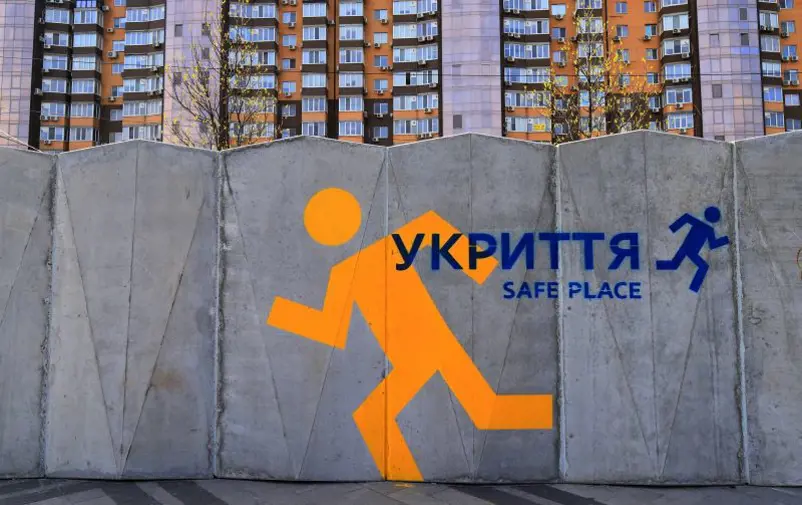
Almost half of the respondents mention lack of access to shelters as a major security issue.
In order to strengthen its support for national reform processes the EU has assigned FBA and two other organizations to carry out the project EU Security Sector Governance Facility. It forms part of the implementation of EU’s new framework for security sector reform (SSR).
The various actors within the EU – such as the External Action Service (EEAS), EU’s international missions and delegations – will send requests to the project when there is a need for support in countries where the EU has an established cooperation.
– We could map out and analyze the needs of the police, the prison and probation service and the judicial authority. Or assist countries that develop their legislation with counselling and training in a range of areas, says Hanna Högberg, desk officer at FBA.
The project is expected to generate new knowledge on SSR for the FBA. In addition, it provides FBA with an opportunity to work for the principles that the agency believe are of outmost importance to make reform processes sustainable, like gender mainstreaming and democratic supervision and surveillance of the security sector.
– It gives us a chance to offer direct support to important reform processes in EU’s partner countries. We will benefit from the work we already do and gain experiences that can be of use in other activities that FBA carries out, like courses and development cooperation, says Hanna Högberg.
She explains that FBA’s participation in the project is a logical consequence of the agency’s long-time close cooperation with the EU on SSR. Among other things, the FBA was actively involved in developing the EU’s new SSR framework that was adopted in 2016. In connection to this, Hanna Högberg spent some time at PRISM, the department of EEAS that coordinated the development of the new framework and is now responsible for its implementation.
Besides FBA, the Geneva Centre for the Democratic Control of Armed Forces (DCAF) in Switzerland and Justice Coopération Internationale (JCI) in France are also part of the consortium that will manage the project. Another two organizations are attached to the project: Dutch Clingendael and Ghana-based African Security Sector Network.
– They are all well known, respected organizations that FBA has a long-running collaboration with, says Hanna Högberg.
To be able to offer the EU’s partner countries a flexible and comprehensive support, the consortium has formed a resource base comprising 100 prominent experts with broad competence in the field of SSR in numerous parts of the world.
The project amounts to twenty million Swedish Crowns and runs until 2020.
Click to read more about the EU Security Sector Governance Facility.
MORE FROM HOME
How do people in Ukraine experience their security during the war – and which issues are most critical for the country’s future stability? These issues are in focus in the report Beyond the Frontline: Public perceptions of security in Ukraine, developed by the Folke Bernadotte Academy (FBA) in cooperation with the Ukrainian think tank Razumkov Centre.
2025-10-01 10:31FBA has both increased and adapted its work in Ukraine in the wake of Russia's invasion.
FBA in UkraineKlara Grenhagen works as a specialist at FBA's Africa unit with a focus on dialogue, reconciliation and peace processes.
More about our expertsFBA is part of Sweden’s development aid within the area of peace and security
Read more about the countries where we work